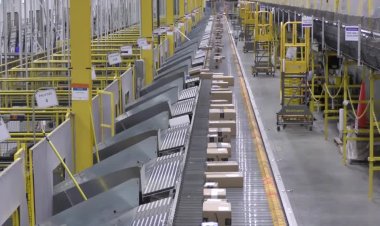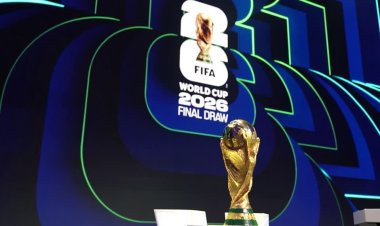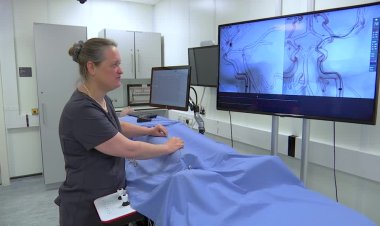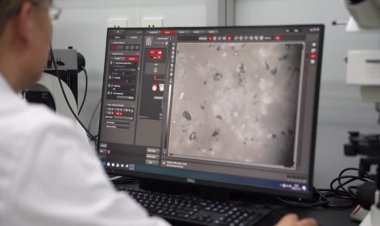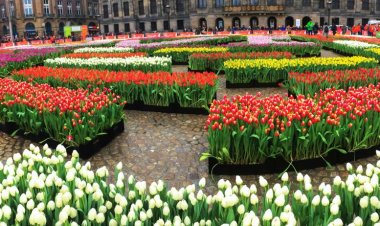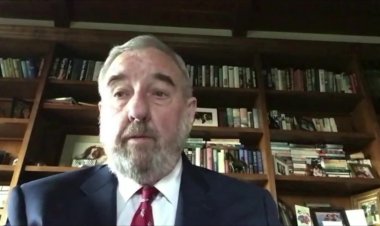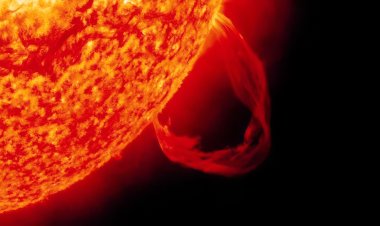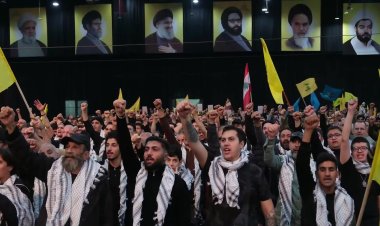Iran and P4+1 nuclear talks paused
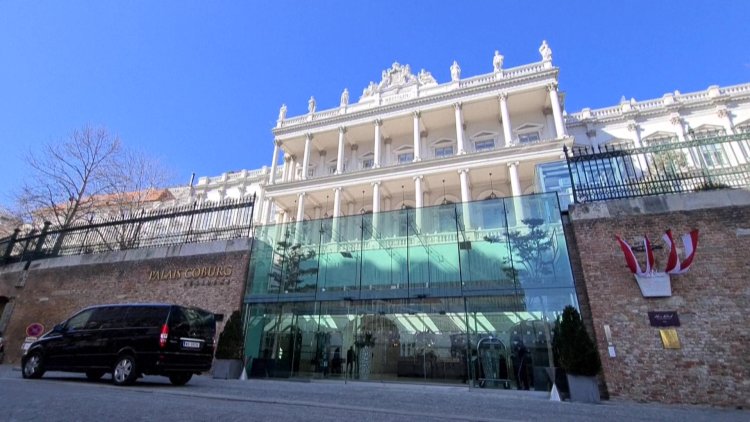
Iran and the P4+1 group of countries have announced a pause in the Vienna talks on a possible revival of the 2015 Iran deal, with Tehran saying that all relevant parties will concentrate on a “successful conclusion” of the diplomatic process.
The pause was first announced in a tweet on Friday by the European Union’s foreign policy chief, Josep Borrell, who said the break was needed due to what he called “external factors.”
“A final text is essentially ready and on the table,” Borrell said, adding that he and his team will be in contact with all the five parties to the 2015 deal, officially called the Joint Comprehensive Plan of Action (JCPOA), and the US to “overcome the current situation and to close the agreement.”
Replying to Borrell’s tweet shortly afterwards, Iranian Foreign Ministry spokesman Saeed Khatibzadeh said the pause in the Vienna talks could provide a “momentum” for resolving any remaining issues and a “final return” to the negotiations.
“Successful conclusion of talks will be the main focus of all [the parties involved],” Khatibzadeh tweeted.
He, however, said “no external factor” can affect the parties’ joint will “to go forward for a collective agreement.”
The current round of negotiations started in late November in the Austrian capital Vienna between Britain, China, France, Germany, Iran and Russia, with the US taking part indirectly. They had progressed most of the way toward their aim -- the revival of the 2015 Joint Comprehensive Plan of Action (JCPOA), which began unraveling when former US President Donald Trump withdrew from the deal in 2018. The EU diplomat who has been personally chairing the talks, Enrique Mora, told reporters that delegations had got to the point of "negotiating footnotes".
He praised in particular the United States and Iran for their "very constructive, very positive approach".
However, last week Russia said it was demanding guarantees that the Western sanctions imposed on its economy following its invasion of Ukraine would not affect its trade with Iran.
As with the original JCPOA in 2015, Moscow had been expected to play a role in the implementation of any fresh deal, for example by receiving shipments of enriched uranium from Iran.




